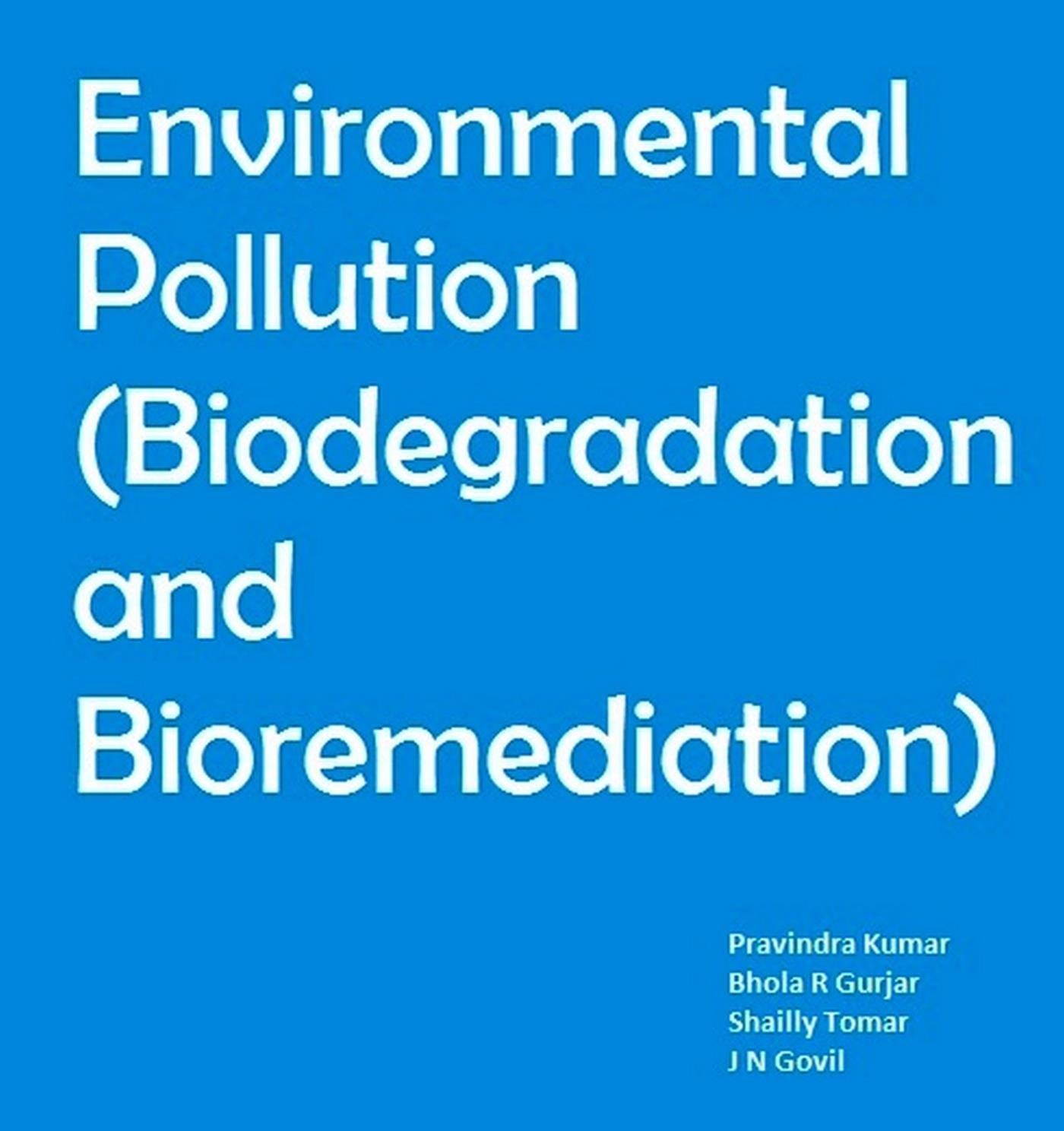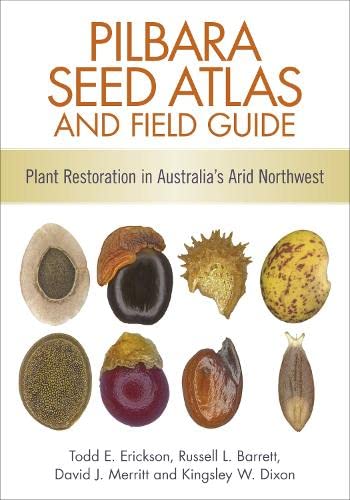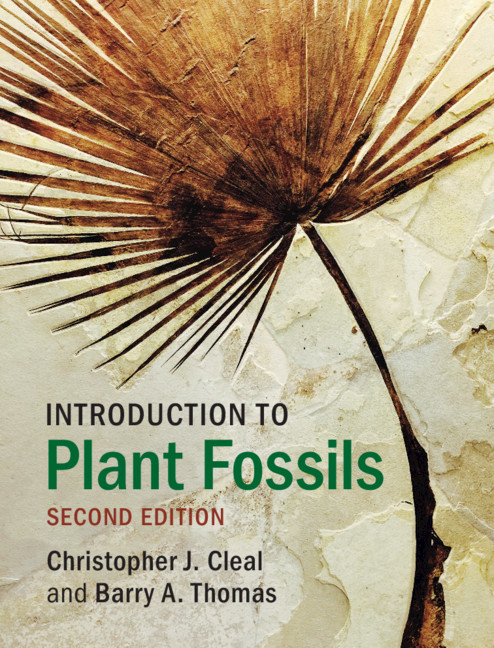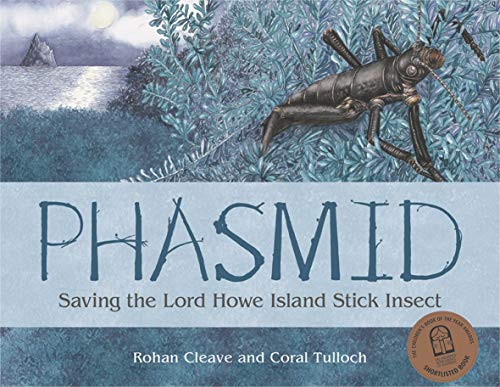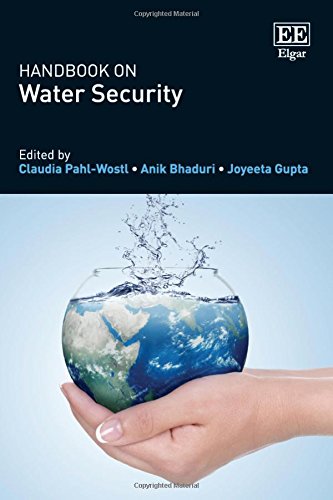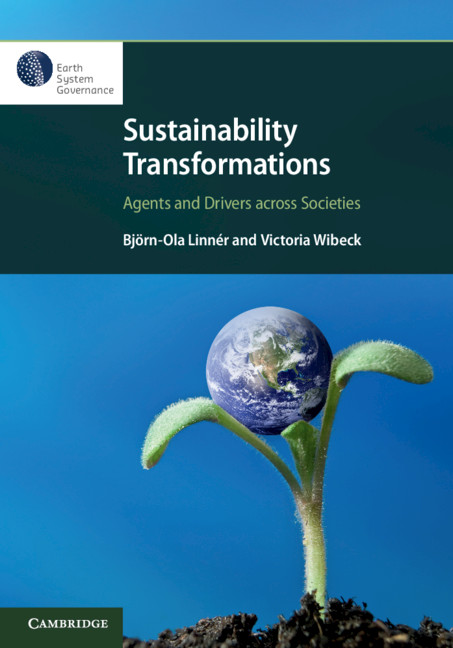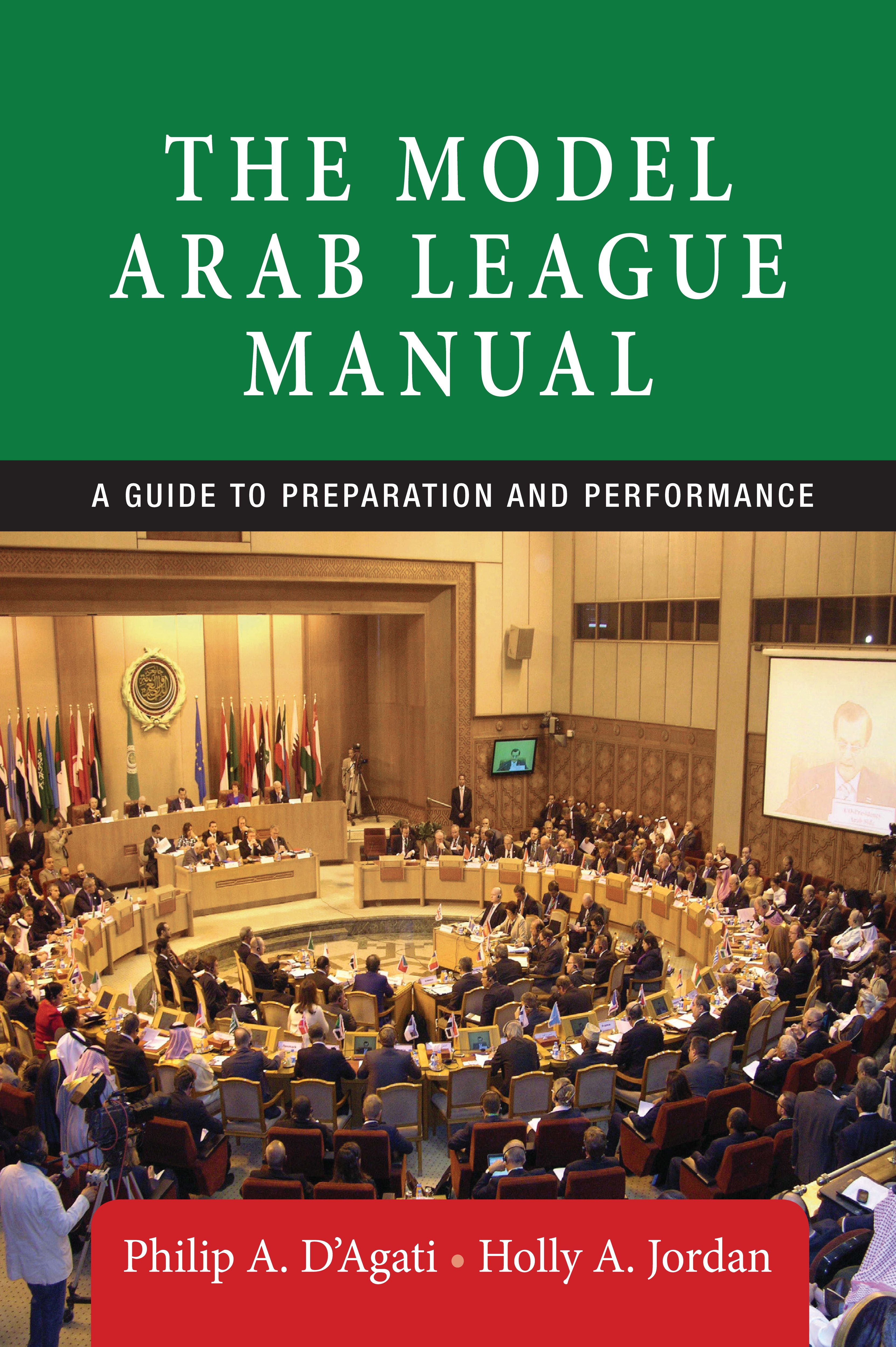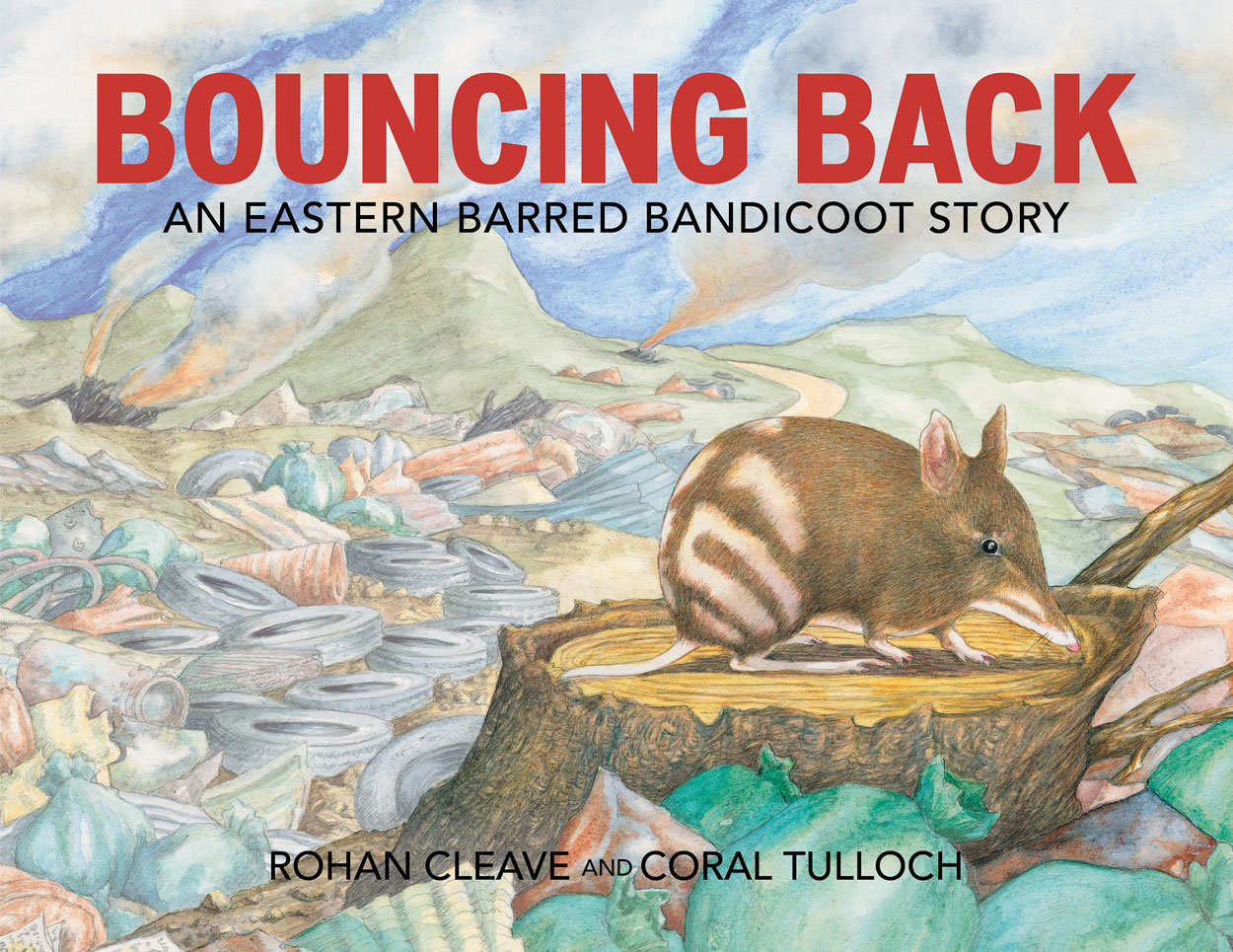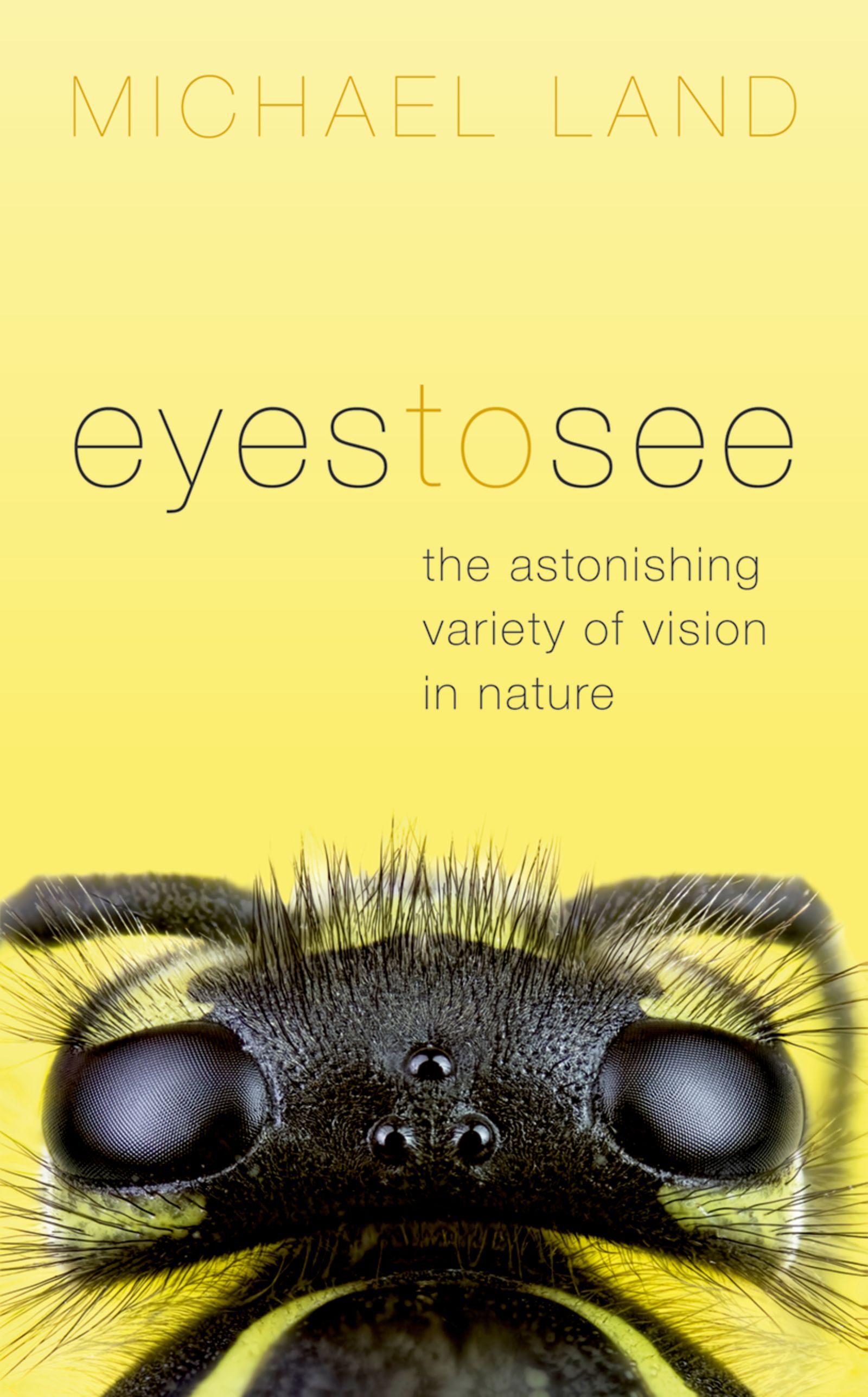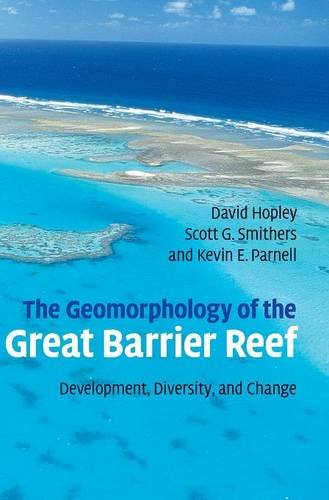Environmental Pollution (Biodegradation and Bioremediation)
Environmental Pollution (Biodegradation and Bioremediation)
Industrial revolution and technological advancement during last few centuries have made the world more comfortable and sophisticated place with improved agricultural, technological, medical and industrial facilities. But, at the same time, all the ad...
Read more
Industrial revolution and technological advancement during last few centuries have made the world more comfortable and sophisticated place with improved agricultural, technological, medical and industrial facilities. But, at the same time, all the advancements also increased the air, water and soil pollution. The adverse effects of these pollutants have made health professionals worried. In last few decades, use of microbes, plants and fungi to convert toxic compounds such as pesticides, polymers, pharmaceuticals, aromatic compounds, explosives, metals etc. into less harmful forms through metabolic reduction has been subject of extensive research. This detoxification process is termed biodegradation. Several microbial strains capable of biodegradation have been identified from contaminated sites. This volume, Environmental Pollution: Biodegradation and Bioremediation, will act as reference material for biodegradation basics and application in controlling various pollutants. The volume comprises topics ranged from basic biodegradation techniques, use of microbes and enzymes for bioremediation to methods of bioleaching, heavy metal removal and aquatic ecosystem biomonitoring. The book also summarizes microbes and enzymes involved in polychlorinated biphenyls (PCBs), phthalates, pesticides and explosives biodegradation. Soil pollution and ecology of plant growth promoting microorganisms (PGPM) have also been described along with the microbiological techniques and procedures involved in water quality control and sedimentation. Chemical modification of vegetable oils and application of biolubricants have also been discussed along with brief overview of current biolubricant market. This volume contains 14 chapters summarizing biodegradation techniques and their application in pollution control. The book will be useful for engineering or science background, researchers, academicians, civil/chemical/environmental engineers, environmentalists, agriculture scientists, urban planners and policymakers who are concerned about state of our planet and want to participate in the process of change to transform the world for better.
Less


